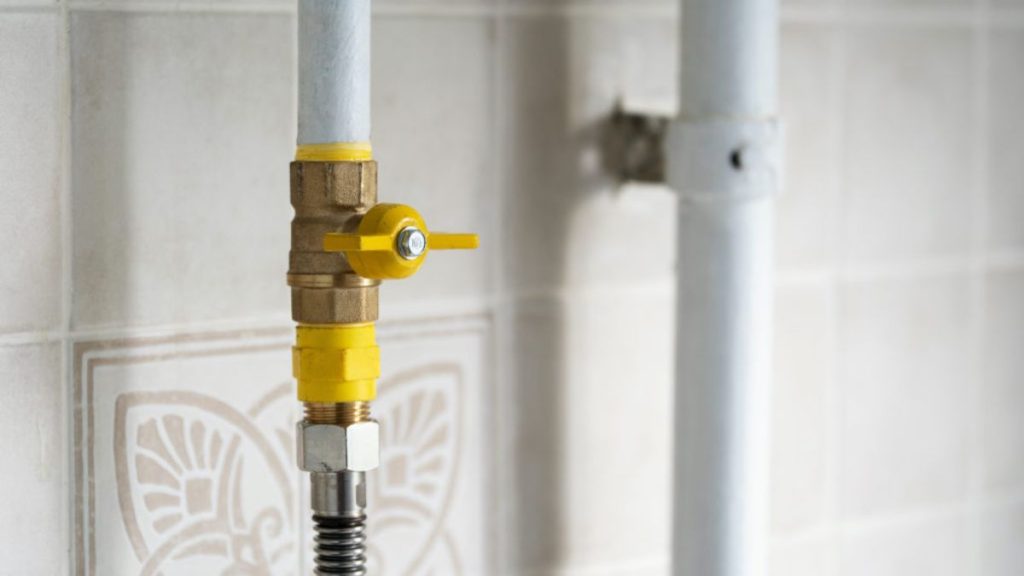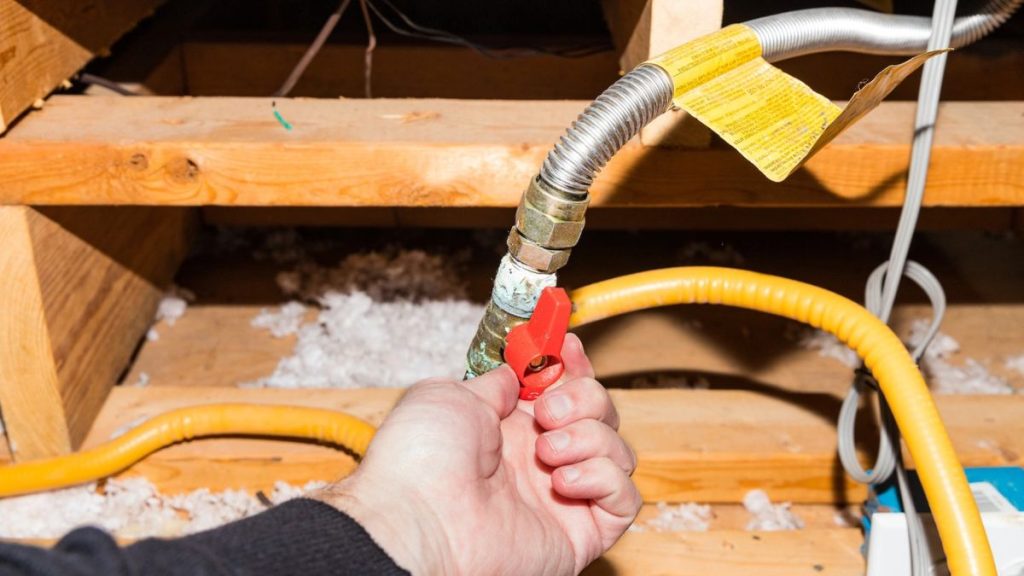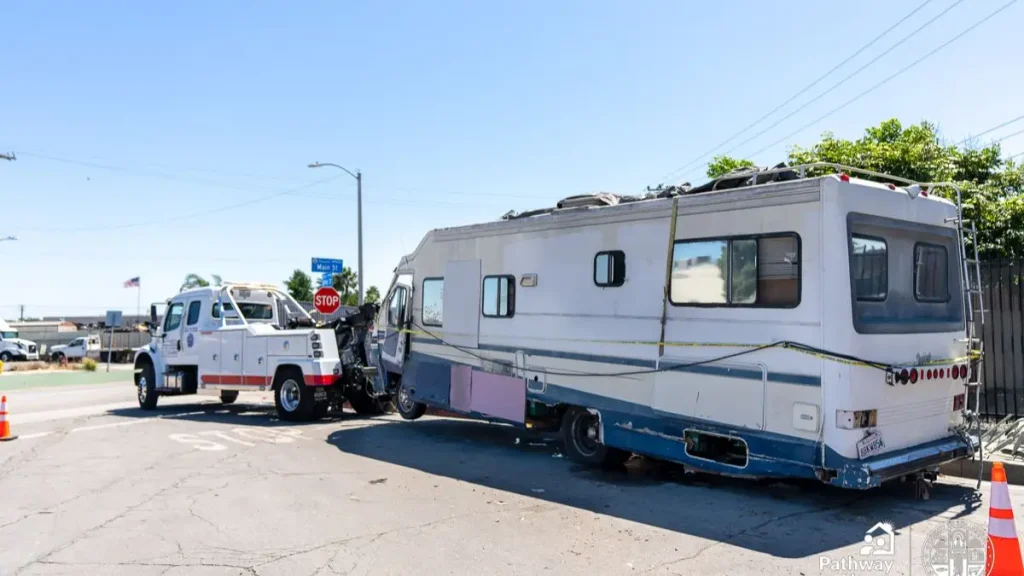The Ultimate Homeowner’s Guide to Gas Leak Detection & Shut-Off Valves
Look, I won’t sugarcoat it—gas leaks are one of those dangers that sneak up quietly but can cause serious harm if you don’t catch them early. I’ve seen too many stories where homeowners ignored faint smells or odd sounds, thinking it was nothing. But gas leaks don’t just threaten your property; they threaten your life and the lives of everyone around you.
That’s why it’s crucial to understand the signs of a gas leak before it’s too late. You don’t have to be a technician to know what to watch out for or what to do if you suspect something’s wrong. This isn’t just about safety; it’s about peace of mind. Imagine knowing exactly when to act, how to protect your family, and avoid a disaster that could have been prevented.
In this article, I’ll walk you through everything you need to spot gas leaks early, handle emergencies confidently, and take steps to prevent future risks. Because the truth is, a little knowledge can save a lot of heartache—and possibly your life.
What Is a Gas Leak? Basic Understanding
Let’s start with the basics—what exactly is a gas leak? Simply put, it’s when natural gas or propane escapes from your home’s pipes or appliances. This gas is invisible and usually odorless on its own, but utility companies add a sulfur-like smell—kind of like rotten eggs—so you can detect it. Gas leaks happen mostly because of old or damaged pipes, faulty appliances, or poor maintenance.
Knowing this helps you understand that a leak isn’t just a random smell; it’s a sign that something in your home’s gas system isn’t working right. When left unchecked, that invisible leak can build up and become dangerous fast. So, getting familiar with how gas leaks happen is the first step toward protecting your home.
Common Signs and Symptoms of a Gas Leak

You might wonder, “How will I know if there’s a gas leak in my house?” The good news is, there are clear signs you can watch for.
First, the smell is the biggest red flag. That rotten egg or sulfur scent is added deliberately to warn you. If you notice that, don’t ignore it. Sometimes you might also hear a faint hissing or whistling near your gas lines or appliances—another sign something’s leaking. Look for other physical clues too, like dead plants near your gas line or bubbles forming in standing water.
On the health side, if you or anyone in your home starts feeling dizzy, nauseous, or has headaches for no obvious reason, that could be gas exposure. It affects your breathing and can make you feel off without you realizing why.
Experts emphasize these signs a lot. For example, in a recent episode on Simplecast titled “Know the Signs of a Gas Leak and How to Shut it Off Before it’s an Emergency,” professionals break down these symptoms and explain how quick action can save lives.
How to Detect a Gas Leak at Home
Okay, now that you know what to look for, let’s talk about how you can actually check for a gas leak yourself—without being a pro.
First, trust your nose and ears. If you smell that rotten egg odor or hear a strange hissing sound near your appliances or gas lines, don’t brush it off. One simple trick you can try is the soap bubble test. Just mix some soap with water, apply it to the pipes or connections you suspect, and watch closely—if you see bubbles forming, that’s a sure sign of a leak.
Now, if you want to get a bit more high-tech, there are gas detectors you can install at home. They’re like smoke alarms but for gas. According to a guide from My Georgia Plumber, these detectors can alert you early, giving you precious time to act. Just make sure you pick a trusted brand and install it near your gas appliances.
But hey, if you’re ever in doubt or can’t find the leak yourself, call a professional plumber right away. Your safety comes first.
How to Locate and Operate Your Gas Shut-Off Valve
Alright, so you’ve spotted a leak. What next? Knowing where your gas shut-off valve is and how to use it can make all the difference.
Usually, the valve is close to your gas meter, but sometimes it’s hidden or hard to find. Take some time today to locate it—don’t wait for an emergency. Once you find it, practice turning it off so you’re confident you can do it quickly if needed. The valve usually turns a quarter turn to stop the gas flow.
Remember, shutting off the gas is one of the first things you should do if you suspect a leak. It stops the problem from getting worse while you call for help.
If you’re unsure about anything, ask a professional to show you in person. It’s better to be prepared than panic when it really matters.
Immediate Steps to Take When You Suspect a Gas Leak

If you ever get that gut feeling or actually notice a gas leak, here’s what you must do—right away. First things first: don’t panic, but don’t wait either. Get everyone out of the house immediately. Gas leaks can escalate fast, and the safest place is outside, away from your home.
While leaving, make sure not to switch on or off any electrical appliances or lights. Even a small spark can cause an explosion. Avoid using your phone inside the house too; use it only once you’re outside and safe.
Once you’re out, call your gas company or emergency services right away. Tell them what you suspect, and wait for their instructions. Don’t try to fix the leak yourself or go back inside until they say it’s safe.
Remember, in situations like this, your quick and calm response can save lives.
Do you feel confident about what to do if you ever suspect a gas leak? Let me know in the comments if you want me to cover any other safety tips.
Preventive Measures to Avoid Gas Leaks
Look, prevention is always better than cure, especially when it comes to gas leaks. Regular maintenance is your best friend here. Make sure you get your gas appliances checked by licensed professionals at least once a year.
Keep an eye out for any wear and tear on pipes, and don’t delay replacing old equipment. Installing a good-quality gas detector is a smart move too—it alerts you before things get serious.
Also, educate everyone in your home about the signs of gas leaks and what to do. It’s a team effort. Follow guidelines from trusted organizations like OSHA or your local utility provider to keep your home safe.
Taking these steps not only protects your family but can save you from costly repairs and bigger disasters down the road.
What’s one preventive step you’re planning to take after reading this? Drop a quick comment—I’d love to hear your plans!
Safety at home isn’t just about appliances and leaks; being aware of community rules, like those in HOA agreements, also plays a big part in protecting your investment and peace of mind
Additional Resources and Where to Learn More
If you want to dive deeper or need quick help, here are some trusted resources you can bookmark:
- Government safety pages like OSHA and CDC have clear guidelines on gas safety.
- Utility providers such as National Grid offer useful tips and emergency contacts.
- For practical help, check out trusted plumbing services like My Georgia Plumber.
- Want to join conversations or ask questions? Communities on Reddit’s r/HomeImprovement have real people sharing tips and experiences.
- And don’t forget to follow expert accounts on X, like @NFPA and WhatsApp groups for alerts and advice.
Having these resources handy means you’re never alone in keeping your home safe.
Conclusion
At the end of the day, knowing how to spot a gas leak and what to do about it isn’t just smart—it’s essential. You’re not just protecting your home but everyone inside it. Take the time now to learn the signs, locate your shut-off valve, and have a plan. Trust me, being prepared is the best way to keep your family safe and avoid a crisis you never want to face.
What’s one thing you’ll check in your home today? Let me know!
Disclaimer: This article is for informational purposes only and should not replace professional advice. Always contact certified experts for inspections and repairs. Safety first—never take risks with gas leaks.


